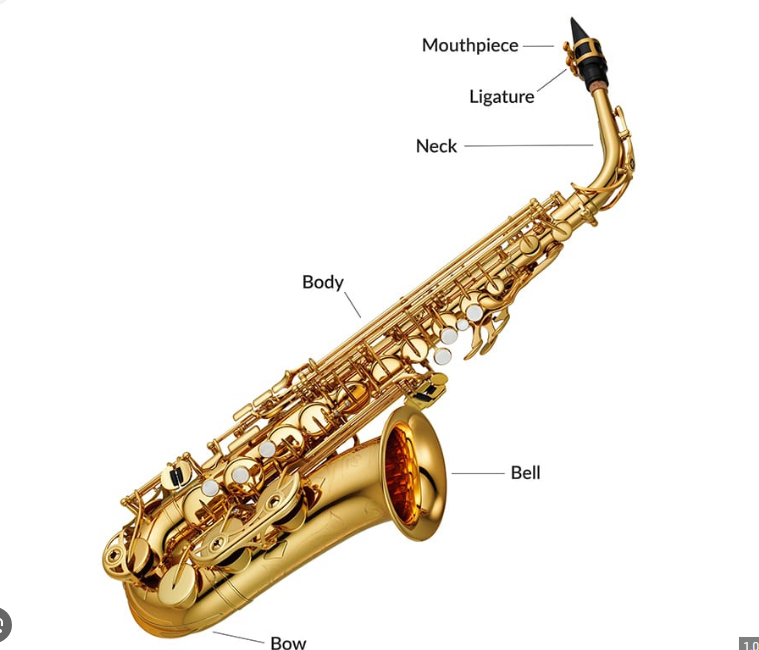When diving into the world of music and choosing an instrument to master, potential musicians often ask, "Which instrument is more difficult to play, the flute or the saxophone?" The answer, as you might expect, isn't straightforward. Both instruments have their unique complexities and challenges. Whether one is 'harder' than the other largely depends on individual capabilities and what elements of music and technique are most challenging to a specific learner.
The saxophone and the flute are similar in that they are both woodwind instruments and require a certain degree of breath control and embouchure formation. However, they differ significantly in their size, key arrangement, and playing technique.
Beginning with the physical aspects, the flute is significantly lighter than the saxophone, which might make it seem easier to handle, especially for younger or smaller players. However, it's essential to consider that the flute is held sideways, which can lead to fatigue and discomfort in the early stages of learning. On the other hand, the saxophone, while heavier, is supported by a neck strap and rests against the player's body, distributing the weight more evenly.
In terms of embouchure, many musicians argue that the flute is more challenging. This is because the flute player must form a specific lip shape to direct the air stream across the embouchure hole, whereas the saxophonist blows directly into the mouthpiece. Achieving a clear, consistent sound on the flute requires a great deal of control and precision, which can be challenging for beginners.
Comparatively, the saxophone is often considered easier to produce a sound on, but this does not mean it is an easier instrument to master. The saxophone requires the player to control their embouchure to change pitch and tone, and it also uses a reed, which can take time to learn how to use properly.

When it comes to the fingering system, the saxophone uses a system that is consistent across all types of saxophones – soprano, alto, tenor, and baritone. If you can play one type of saxophone, transitioning to another is relatively straightforward. weilaisi.Conversely, while the flute has fewer keys than the saxophone, the flute's fingering system can still be quite complex due to the necessity of using alternate fingerings in the upper octave registers.
Another significant area of difficulty is reading and interpreting sheet music. The saxophone often plays in a variety of keys, and the player is expected to navigate complex syncopated rhythms and improvisational elements common in jazz music. Meanwhile, flute music can also be complex, particularly in classical music where intricate passages and rapid tempo changes are common.
One more aspect to consider is the personal preference and musical inclinations of the player. If you are more drawn to the warm, rich sounds of jazz and blues, you may find the saxophone more appealing and, in turn, find the motivation to overcome its technical challenges. Conversely, if you are attracted to the light, ethereal tones of classical and orchestral music, the flute may be your instrument of choice, providing the drive to master its unique difficulties.
In conclusion, it's not entirely accurate or helpful to label one instrument as 'harder' than another. Both the flute and the saxophone have their unique complexities and challenges. What might be more relevant is an individual's innate musicality, physical capabilities, personal preferences, and level of dedication. Both instruments require significant investment in terms of time, practice, and patience. Therefore, the 'hardness' of an instrument is less about the instrument itself and more about the journey the musician is willing to undertake. Ultimately, it's the love for the instrument and the joy of creating music that drives musicians to overcome the challenges and reap the rewards of their musical journey.